What Material is Good for Desulfurization Pump?
The desulfurization pump is a type of slurry pump prima [...]
The desulfurization pump is a type of slurry pump primarily used in industries such as steel, power generation, and environmental protection for flue gas treatment and air purification projects. Common desulfurization pumps are used for slurry transportation, slurry discharge, absorption tower circulation, and more.
In the desulfurization process, the commonly used desulfurization method is the gypsum method. It involves using a mixture of lime and water to generate calcium hydroxide as the desulfurizing agent. The solution that absorbs sulfur dioxide from the air will form solid particles such as calcium sulfite and calcium sulfate.
Due to the strong corrosiveness of these particles, the material selection for desulfurization pumps should consider corrosion resistance. A49 material has strong corrosion resistance, so it is often chosen for desulfurization pumps. Additionally, because the slurry is corrosive, the on-site requirement for shaft sealing is usually high, demanding zero leakage, which is why mechanical seals are commonly used for the shaft sealing of desulfurization pumps.
Some desulfurization projects may also use natural rubber as the flow component. If the particles in our slurry do not have sharp edges and the corrosiveness is not too strong, natural rubber can be a good choice.
If you would like to learn more about the selection characteristics of desulfurization pumps, please feel free to contact us!

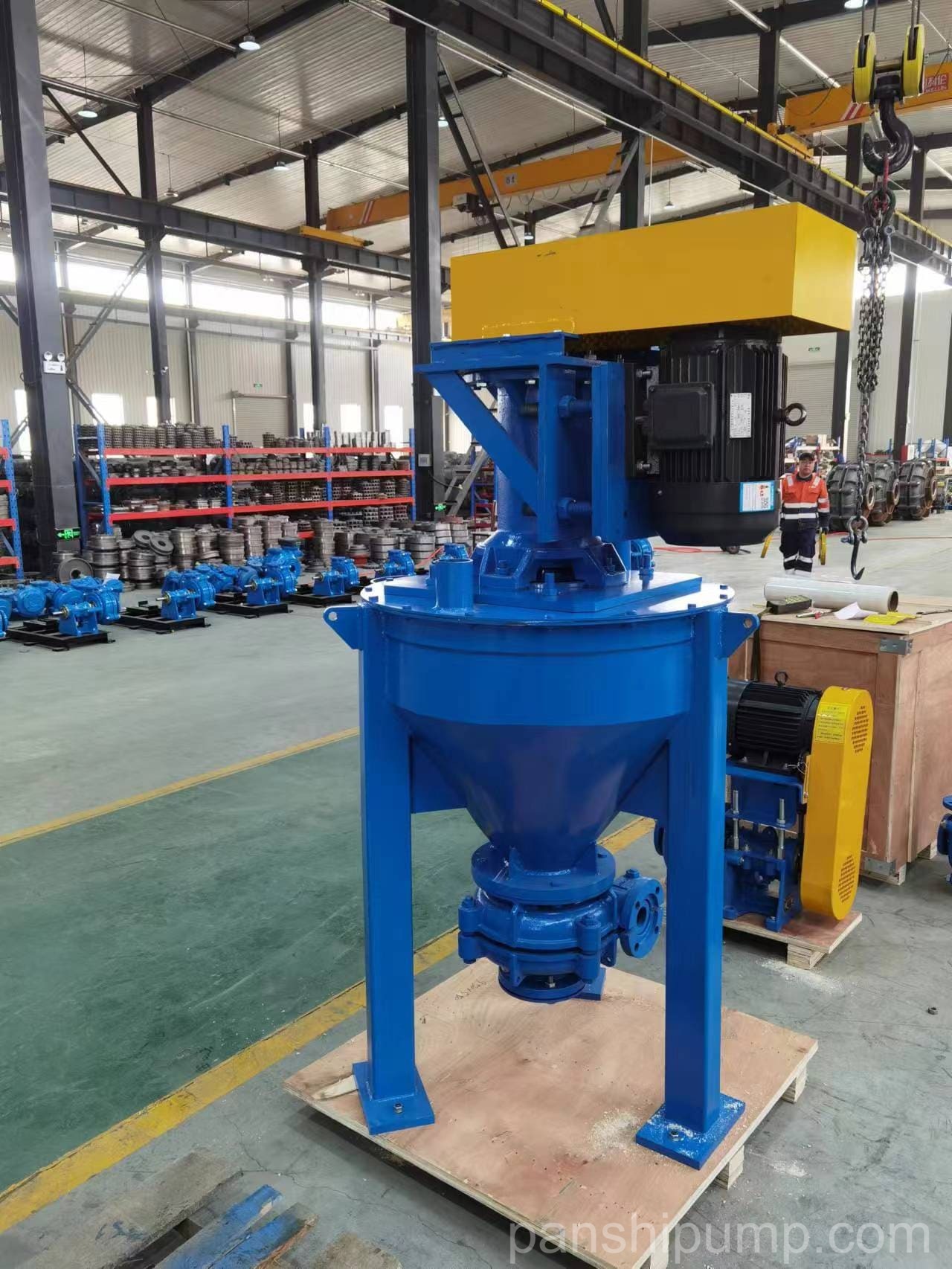
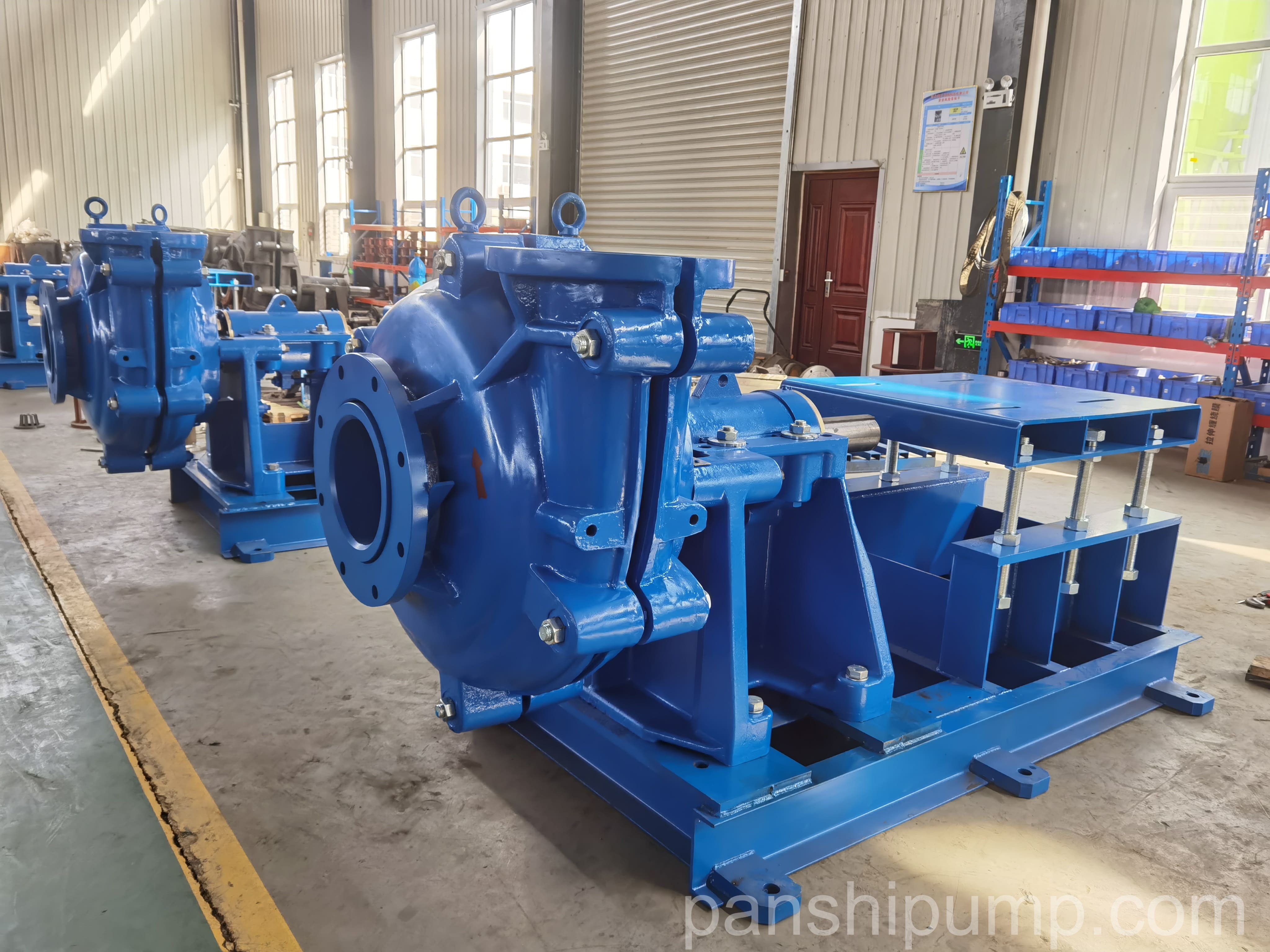
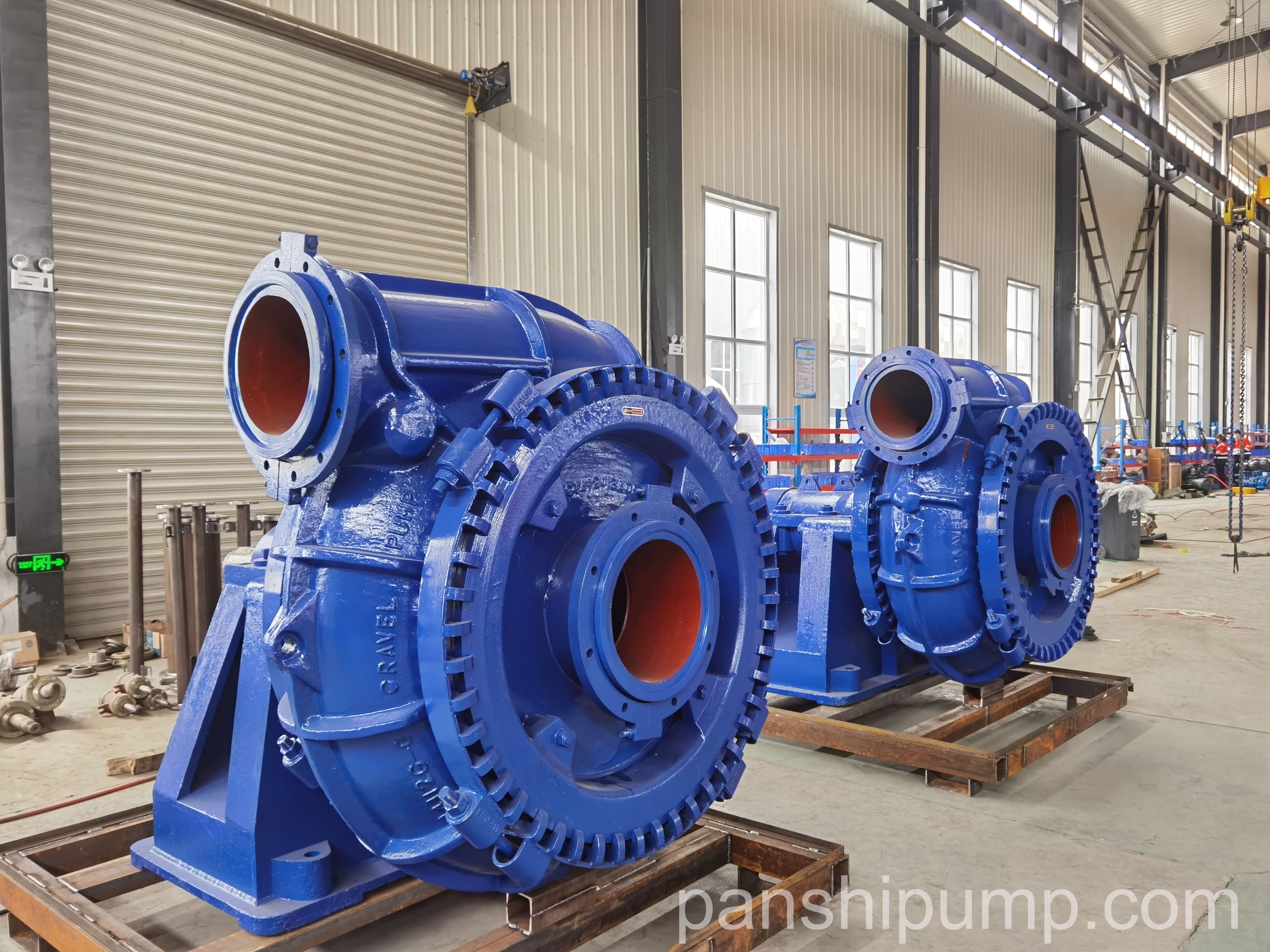
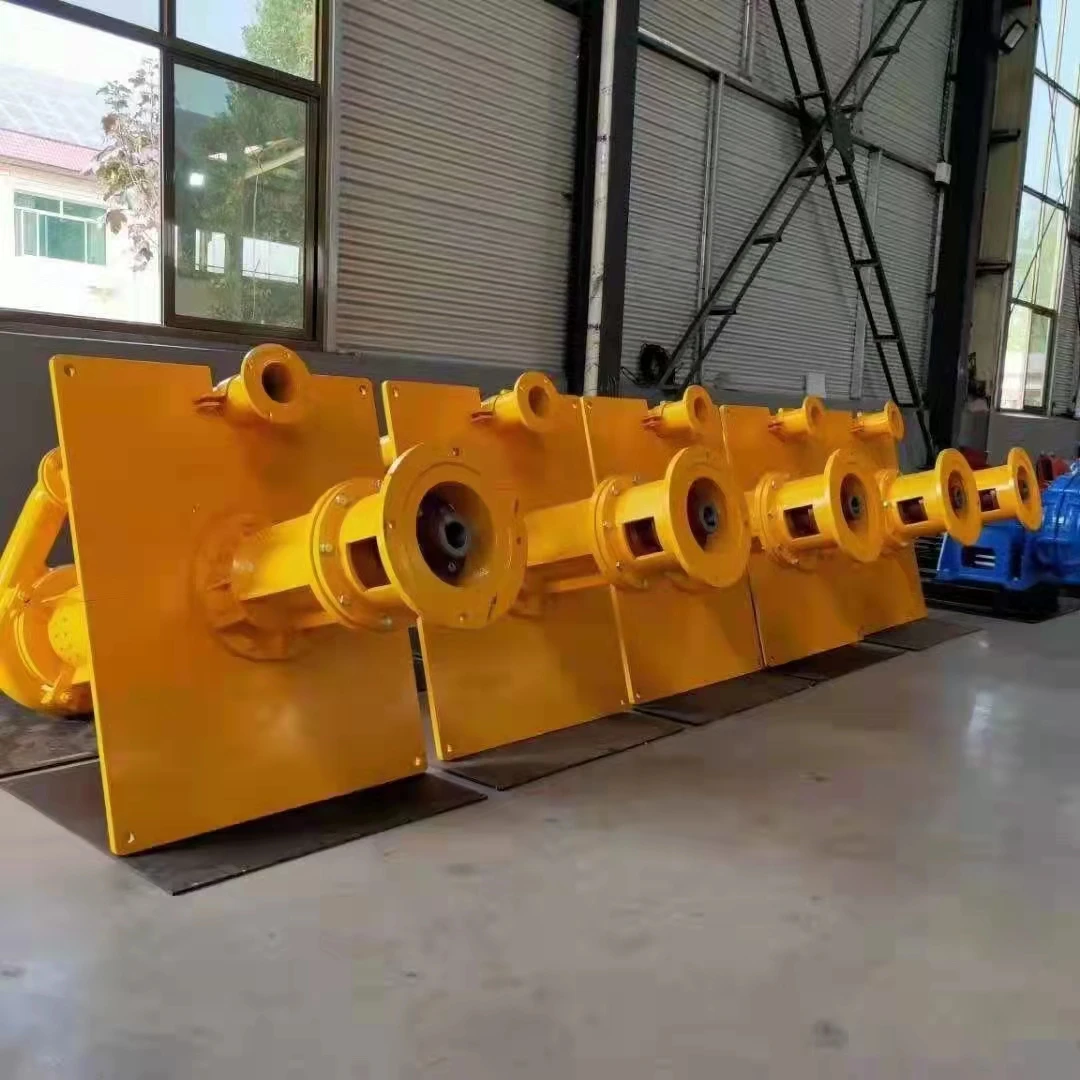
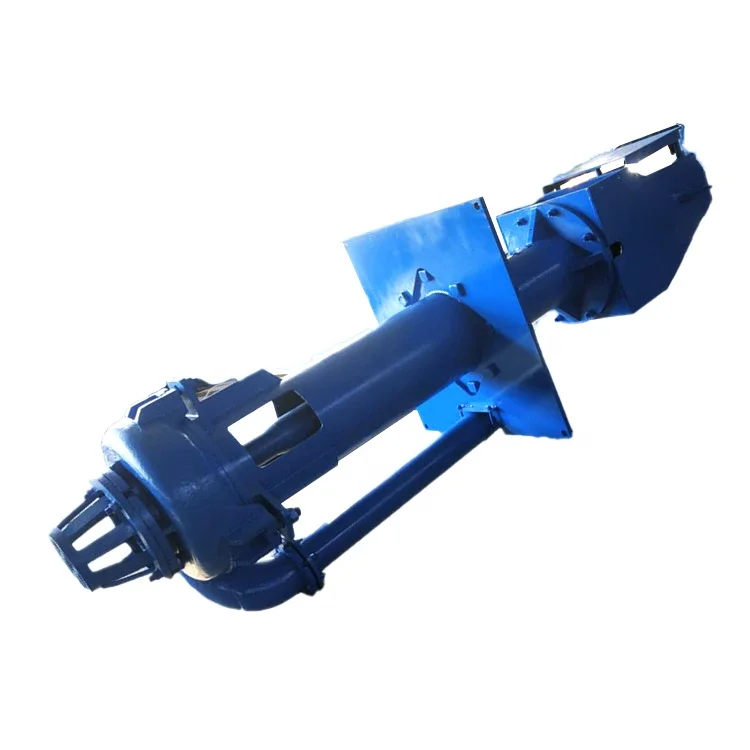
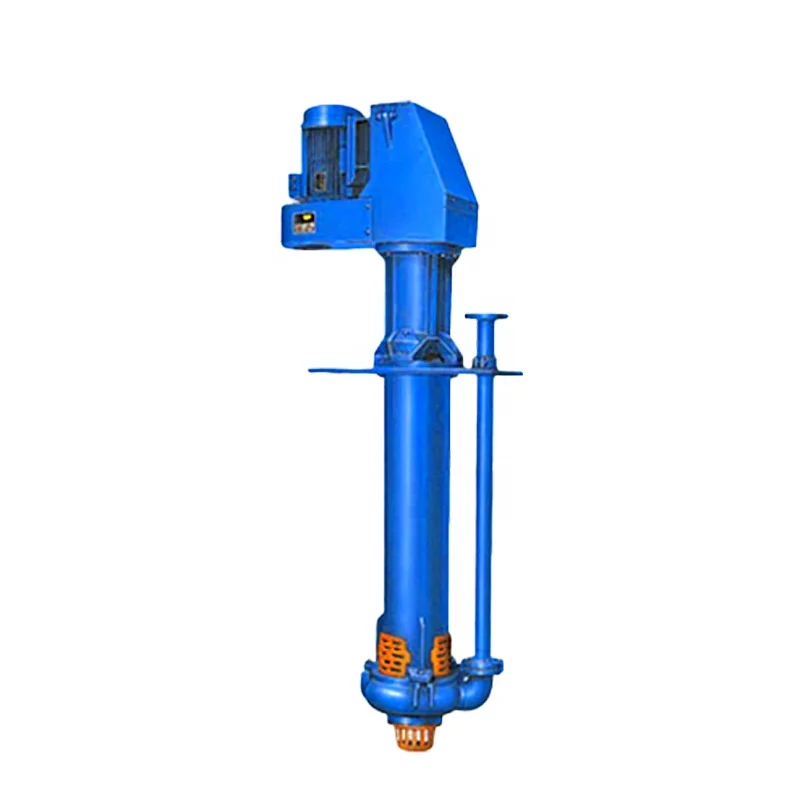
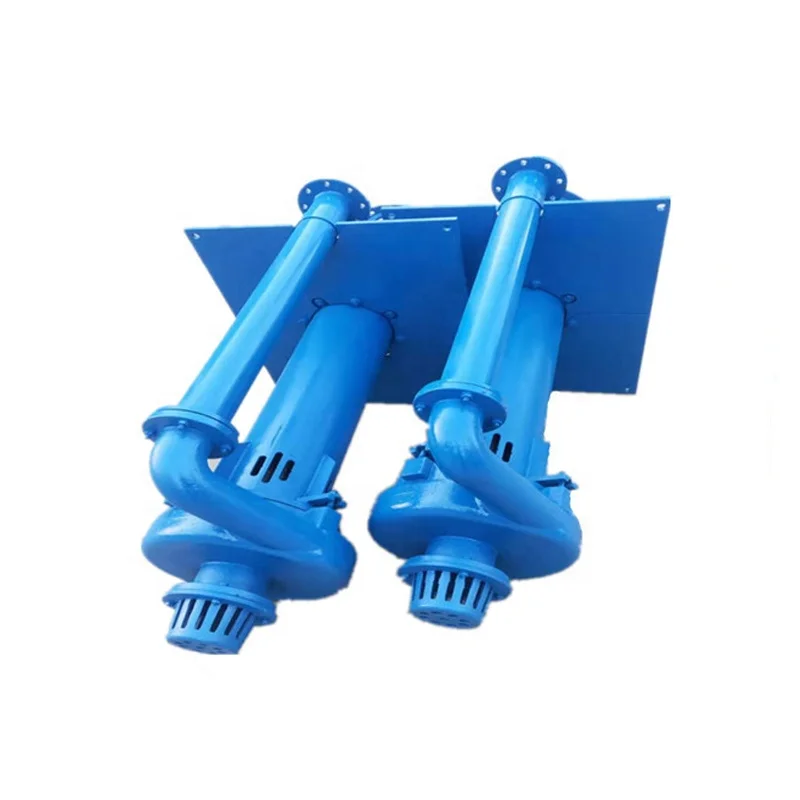
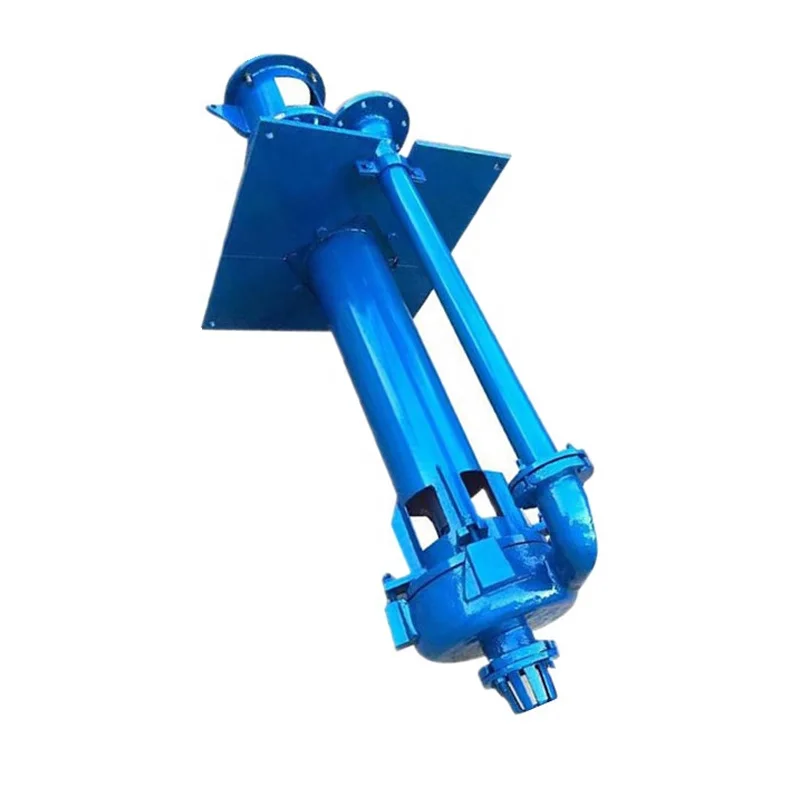
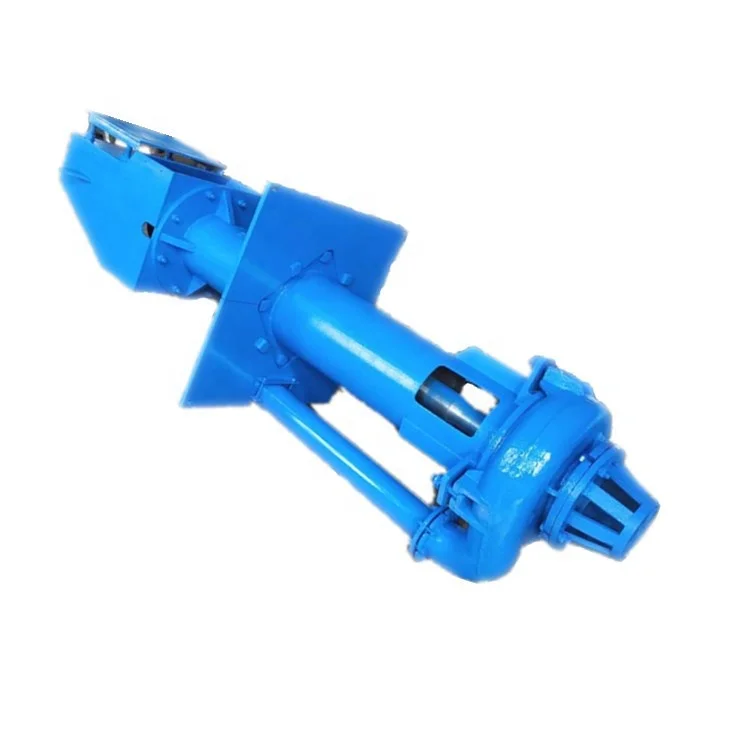
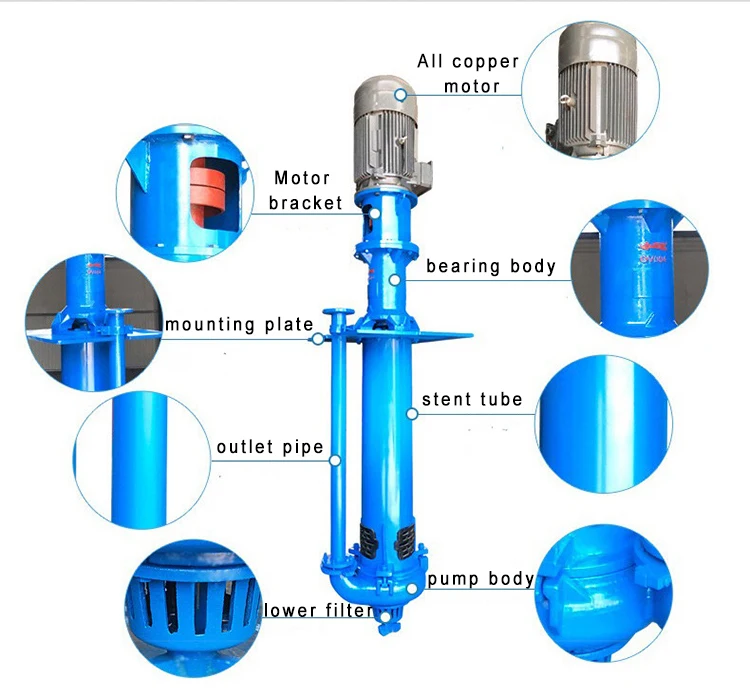
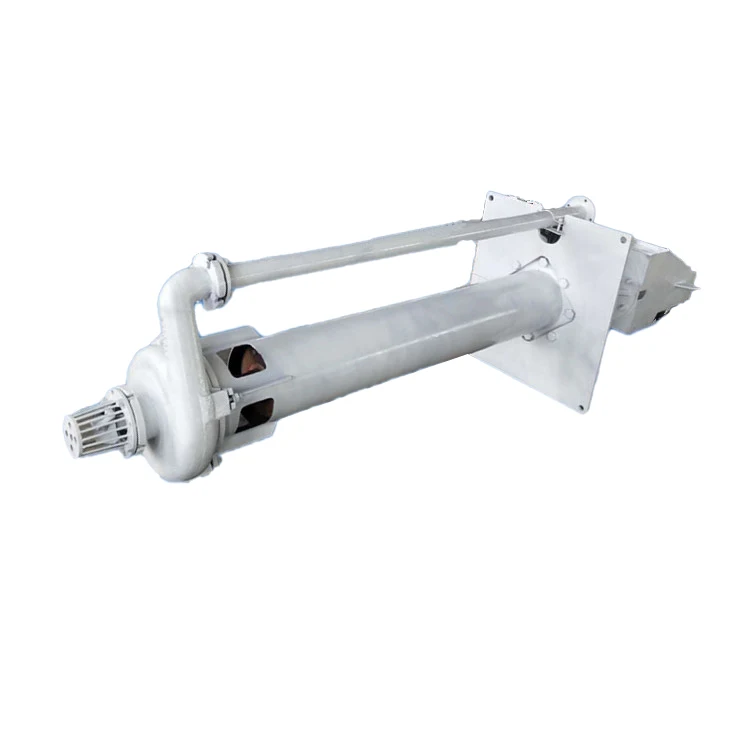
Please login to write a comment after